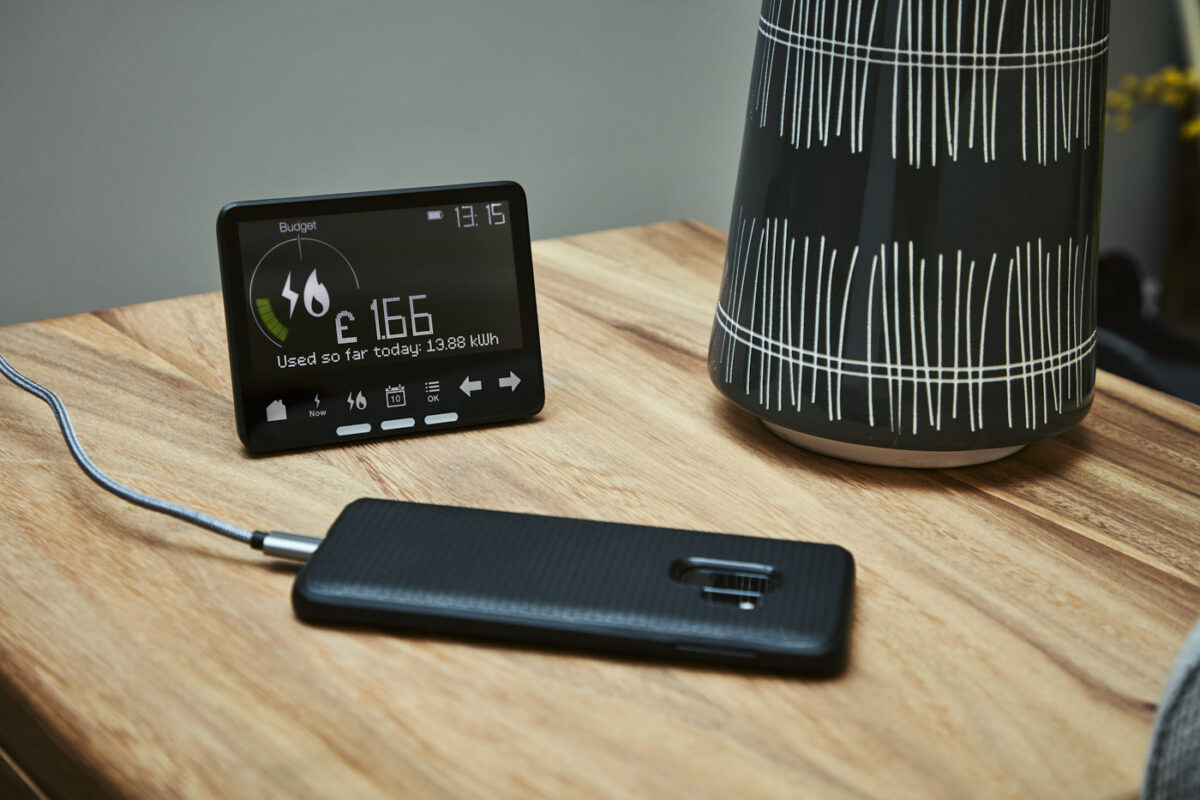Smart meter deployment has slowed in Great Britain, according to the latest figures from the UK Department for Energy Security and Net Zero (DESNZ). A total of 780,800 smart and advanced meters were installed by large energy suppliers across Great Britain during the first quarter of 2024, a 10% decline on the previous quarter and an 11% decrease on the same period in 2023. Yearly smart meter installations have been declining since 2021, when 3.9 million were installed. That figure dropped to 3.5 million for 2023.
As of March 31, 2024, there were 35.5 million smart and advanced meters in homes and small businesses across Great Britain, meaning 62% of all meters are now smart or advanced meters. The latest smart meter targets set by the UK government call for 74.5% of homes and nearly 69% of small businesses to have smart meters installed by the end of 2025.
DESNZ data shows domestic smart meter deployment slightly ahead of commercial premises. Across all energy suppliers there were 33.7 million domestic smart meters installed by the end of Q1 2024, equivalent to 63% of all domestic meters. This included smart meters operating in traditional mode – meters operating without smart functionality. For small businesses, there were 1.8 million smart and advanced meters across small non-domestic sites in Great Britain, equivalent to 57% of all meters on small business sites.
Electricity smart meter installations continue to outpace gas. At the end of March 2024, 60 % of electricity meters operated by large energy suppliers were in smart mode, compared to 50% for gas
Since January 2022, all gas and electricity suppliers servicing customers in Great Britain have had binding annual installation targets to roll out smart and advanced meters to their remaining non-smart customers by the end of 2025. In the first year, 31 out of 49 suppliers failed to hit their electricity meter targets, while 23 suppliers failed to achieve targets for gas meter installations. In response, industry regulator Ofgem took enforcement action against British Gas, OVO, Bulb, E.ON, Scottish Power and SSE, with the firms agreeing to pay a total of GBP 10.8 million ($13.8 million) into an energy charity fund.
Ofgem has confirmed that some suppliers failed to achieve their 2023 installation targets, but no enforcement action has been announced to date.
Geographically, smart meters are evenly distributed across Great Britain. Only nine local authorities had less than 40% coverage for domestic electricity meters – concentrated in northern Scotland and inner London.
A spokesperson for Smart Energy GB, a government-backed consumer engagement campaign, told pv magazine the 35 million smart meters installed so far represented a “significant achievement for such a complex national infrastructure upgrade.”
“The vast majority of smart meter owners, eight in 10, believe the rollout has been a positive step for the country,” they said.
Quarterly smart meters statistics published by DESNZ apply to England, Scotland and Wales and do not include data for Northern Ireland.
This content is protected by copyright and may not be reused. If you want to cooperate with us and would like to reuse some of our content, please contact: editors@pv-magazine.com.



By submitting this form you agree to pv magazine using your data for the purposes of publishing your comment.
Your personal data will only be disclosed or otherwise transmitted to third parties for the purposes of spam filtering or if this is necessary for technical maintenance of the website. Any other transfer to third parties will not take place unless this is justified on the basis of applicable data protection regulations or if pv magazine is legally obliged to do so.
You may revoke this consent at any time with effect for the future, in which case your personal data will be deleted immediately. Otherwise, your data will be deleted if pv magazine has processed your request or the purpose of data storage is fulfilled.
Further information on data privacy can be found in our Data Protection Policy.